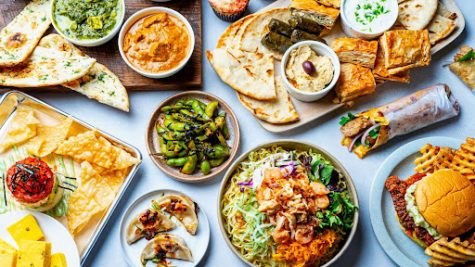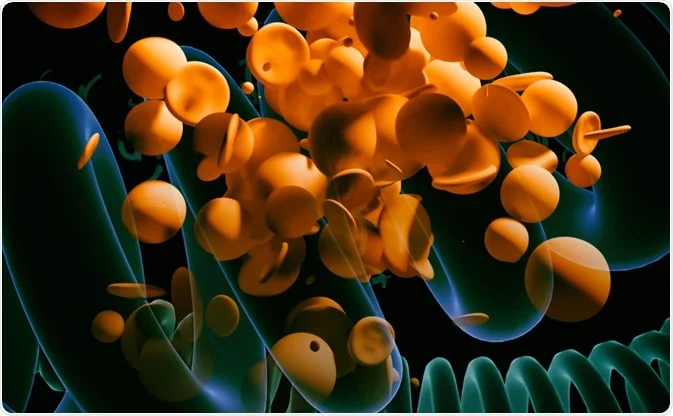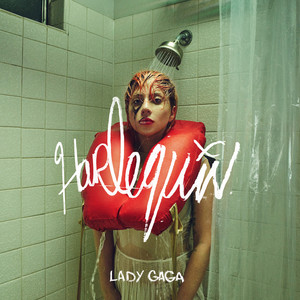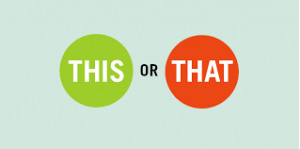Food Banned In the European Union, But Not In the US
March 12, 2023

In the United States, there are food safety regulations that are designed to protect people from the risk of illness caused by eating unsafe foods. Similarly, there are food safety regulations in Europe that are designed for this same purpose. However, the European Union has generally stricter food safety regulations, which has led to the question of if the United States should have stricter food safety regulations or not.
While the US tends to take a more reactive approach towards regulating food and beverage ingredients, the European Union takes a more precautionary approach in food safety regulation. This means that in the US, food additives are seen as safe until proven otherwise, while in the Europe Union , food additives are only approved when they are proven to be non-harmful. As a result, there are food additives that are used in bread, cookies, soft drinks and other processed foods in the US that are greatly restricted in the Europe Union. Here are some food additives that are restricted in the European Union but allowed in American foods:
1. Potassium bromate
Potassium bromate is added to flour mixtures used in bread, crackers, and other baked goods in order to strengthen dough and allow it to rise higher. According to the International Agency for Research on Cancer, potassium bromate is considered to be a human carcinogen, meaning that it is an ingredient capable of causing cancer. This additive has been banned in the Europe Union, but is still present in foods sold in the US.
2. Brominated Vegetable Oil (BVO)
Brominated vegetable oil (BVO) is used in some fruit-based soda drinks, especially if they are citrus-flavored, from major brands such as Mountain Dew and Gatorade in order to prevent separation of ingredients. BVO contains bromine, which has been linked to memory loss as well as skin and nerve problems. BVO has been banned in the European Union, but is still present in drinks sold in the US.
3. Titanium Dioxide
Titanium dioxide is commonly used in salad dressings, coffee creamer, and some white sauces. A 2015 review of animal studies and a few human studies suggest that consuming high amounts of titanium dioxide could potentially lead to increased inflammation and increased risk of colon tumor formation. A 2021 review suggested that using titanium dioxide as a food additive can weaken the gut lining and worsens the progression of inflammatory bowel disease. While titanium dioxide has been banned in the European Union, it is still allowed to be in foods in the US.
4. Potassium Iodate
Potassium iodate is sometimes used as a dough strengthener in bread and rolls. A committee of the World Health Organization found that the use of potassium iodate as a flour treatment agent is risky because it can result in an excessive intake of iodine, which can cause issues such as hypothyroidism. While potassium iodate is banned in the European Union, it is still used in the production of food in the US.
5. BHA and BHT
BHA and BHT are food preservatives used in many foods like cereals, potato chips, and baked goods in order to prevent fats from going bad. Research suggests that high consumption of BHA and BHT can increase the risk of endocrine disruption, lung and skin irritation, and cancer. However, this research is still inconclusive; more research needs to be done in order to conclude if BHA and BHT are able to cause these health issues. Still, the European Union has decided to play it safe by banning these food preservatives.


































